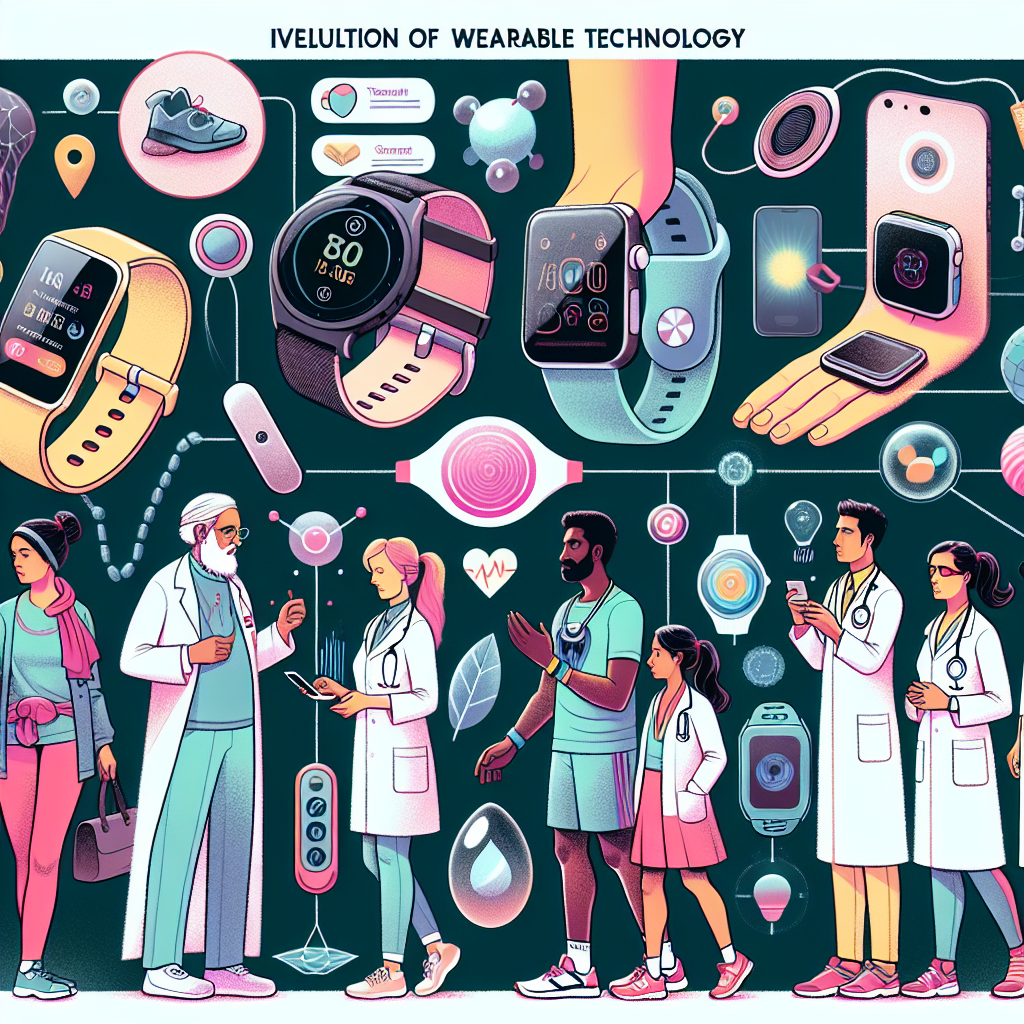In the realm of sports, technology’s influence is undeniable. From wearable fitness trackers to advanced data analytics, innovative technologies are transforming how sports are played, coached, and enjoyed by fans around the world. This symbiotic relationship between sports and technology continues to advance, ushering in a new era of performance, engagement, and management.
Performance Enhancement
One of the most impactful areas is athlete performance. Wearable technology has revolutionized training and monitoring, allowing athletes to optimize their workouts with precise data on metrics such as heart rate, speed, distance, and sleep patterns. Devices like smartwatches, fitness bands, and even smart clothing are providing athletes with real-time feedback, helping them tailor their routines to maximize efficiency and minimize the risk of injury.
Furthermore, advancements in biomechanics and motion tracking technologies have enabled athletes to refine their techniques. For example, high-speed cameras and sophisticated software can now analyze a tennis player’s serve or a baseball pitcher’s throw, highlighting subtle inefficiencies in their movements. This granular level of feedback allows for personalized coaching interventions, improving performance incrementally.
Data Analytics
Data analytics is another frontier where technology is making a substantial impact. Teams across various sports are leveraging big data to gain a competitive edge. By analyzing vast amounts of data points from games and practices, teams can develop strategies that are backed by statistical evidence rather than intuition. This data-driven approach is revolutionizing everything from player recruitment and match preparation to in-game tactics.
In basketball, for instance, advanced statistical models can predict the outcome of shots from different locations on the court, helping teams make informed decisions about shot selection. Similarly, soccer teams use GPS tracking and event data to analyze player movements and identify patterns in opponents’ playing styles. This strategic intelligence gives teams with limited resources a fighting chance against traditionally dominant clubs.
Fan Engagement
The sports experience is not just changing for players and coaches; fans are also reaping the benefits of technological advancements. Augmented reality (AR) and virtual reality (VR) are enhancing the way fans interact with the game. VR headsets can offer immersive experiences, allowing fans to feel as if they are sitting courtside or even on the field. AR applications, on the other hand, are bringing player stats, historical data, and real-time analysis right to fans’ mobile devices during live games.
Social media platforms, combined with advanced algorithms, are also transforming fan engagement. Personalized content, interactive polls, and live-streaming options are making it easier for fans to connect with their favorite teams and athletes. These platforms provide real-time updates and foster a sense of community among fans, no matter where they are in the world.
Injury Prevention and Management
Injury is a significant concern in any sport, and technological innovations are making strides in this crucial area as well. AI-driven platforms can now predict injury risks based on an athlete’s biomechanics, workload, and historical data. This information allows for the design of preventive training programs tailored to individual needs.
Moreover, advancements in medical technology, such as portable MRI machines and smart rehabilitation devices, are expediting recovery times. Physical therapists and sports doctors are employing wearable devices and mobile apps to monitor the progress of injured athletes, ensuring a quicker return to play while reducing the chances of re-injury.
Ethical and Privacy Concerns
While the integration of technology in sports offers numerous benefits, it also raises ethical and privacy concerns. The collection and analysis of personal data, whether from athletes or fans, require stringent measures to ensure privacy and data security. Furthermore, the potential for data misuse, such as performance-enhancing technologies that violate fair play principles, must be carefully managed.
Sports organizations and governing bodies need to establish regulations and guidelines to address these challenges. Balancing technological benefits with ethical considerations will be essential for the sustainable and equitable development of sports.
The Future of Sports and Technology
As technology continues to evolve, the future of sports looks set to be even more dynamic and interconnected. We can anticipate further advancements in AI, machine learning, and IoT (Internet of Things), which will likely introduce new ways to enhance performance, engage fans, and ensure the well-being of athletes.
In summary, technology is reshaping the landscape of sports at an unprecedented pace. From enhancing athletic performance and strategic decision-making to enriching the fan experience and optimizing injury management, the innovations driving these changes are ushering in a new, exciting era. As long as we navigate the accompanying challenges responsibly, the fusion of sports and technology promises a future where athletes and fans alike can enjoy a richer, more connected experience.














Leave feedback about this
You must be logged in to post a comment.